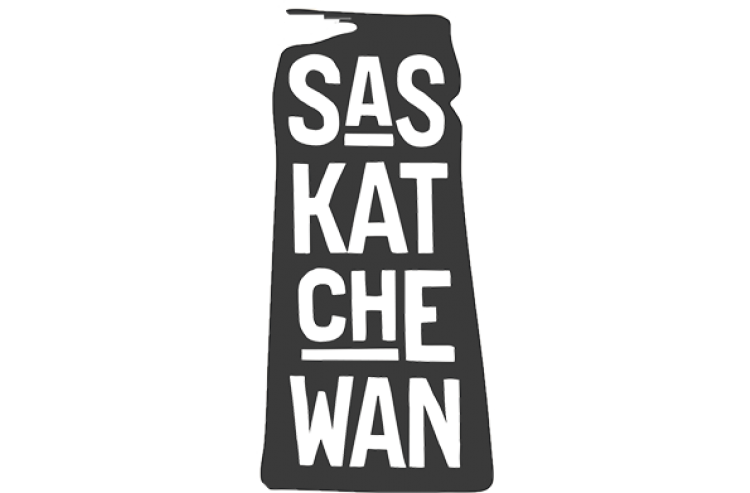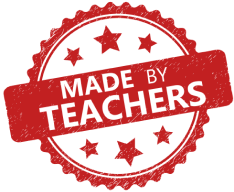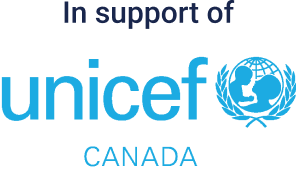Saskatchewan Grade 6

CLICK HERE FOR CURRICULUM CONNECTIONS, LESSONS AND SUPPORT RESOURCES.
Made by a Grade 6 teacher in Saskatchewan.
Kids Boost Immunity (KBI) provides educational content (lessons and support materials) developed by teachers and where needed, health experts, that is directly linked to curriculum and is available completely for free. Each lesson is paired with an online quiz that students can take on a laptop, tablet, or phone. Every time a student scores 80% or higher on a quiz, we donate life-saving vaccines to UNICEF Canada. To learn more about KBI, click here.
Click on the overarching curriculum themes below to see the curriculum outcomes that match KBI educational content. The full Grade 6 Saskatchewan Curriculum Connections document is here.
- Start of Year
-
Curricular outcomes:
Math
- N6.5- Demonstrate understanding of percent (limited to whole numbers to 100) concretely, pictorially, and symbolically. [C, CN, PS, R, V]
- N6.6- Demonstrate understanding of integers concretely, pictorially, and symbolically. [C, CN, R, V]
Science: Scientific Literacy Skills
Health Education
- USC6.1- Analyze the factors that influence the development of personal standards and identity, and determine the impact on healthy decision making (including cultural norms, societal norms, family values, peer pressures, mass media, traditional knowledge, white privilege, legacy of colonization, and heterosexual privilege).
ELA Comprehend & Respond
- CR6.1- View, listen to, read, comprehend, and respond to a variety of texts that address identity (e.g., Growing Up), social responsibility (e.g., Going the Distance), and efficacy (e.g., Making Our Community More Peaceful).
- CR6.4- View, respond, and demonstrate comprehension of visual and multimedia grade-appropriate texts including traditional and contemporary texts from First Nations, Métis, and other cultures containing special features (e.g., the visual components of magazines, newspapers, websites, comic books, broadcast media, video, and advertising).
Applicable KBI lessons:
1. Critical Thinking & Evaluating Information
- Literacy builder worksheet/answer guide
- Lesson worksheet/answers
- Video worksheet/answers
- Inquiry activities/answer guides
- Numeracy activity/answers
2. Navigating the World of Online (Mis)Information
- Literacy builder worksheet/answer guide
- Inquiry activities
- Citizenship & Responsibility
-
Curricular outcomes:
ELA
- CR6.1- View, listen to, read, comprehend, and respond to a variety of texts that address identity (e.g., Growing Up), social responsibility (e.g., Going the Distance), and efficacy (e.g., Making Our Community More Peaceful)
Science
- EL6.1- Assess personal, societal, economic, and environmental impacts of electricity use in Saskatchewan and propose actions to reduce those impacts.
Social Studies
- DR6.2- Analyze ways in which the land affects human settlement patterns and social organization, and ways in which human habitation affects land.;
- PA6.1- Examine the relationship between an individual's power and authority and the power and authority of others.
- PA6.3- Explore examples and explain how people, such as ethnic minority groups, the disabled, youth, and the elderly, may be affected by injustice or abuses of power;
- RW6.1- Examine and analyze factors that contribute to quality of life, including material and non-material factors;
- RW6.2- Contribute to initiating and guiding change in local and global communities regarding environmental, social, and economic sustainability.
Health Education
- USC6.1- Analyze the factors that influence the development of personal standards and identity, and determine the impact on healthy decision making (including cultural norms, societal norms, family values, peer pressures, mass media, traditional knowledge, white privilege, legacy of colonization, and heterosexual privilege)
- USC6.6- Develop and demonstrate the knowledge, skills, and personal standards necessary for establishing and supporting safe practices and environments related to various community activities
- DM6.9- Examine health opportunities and challenges to establish personal goal statements related to healthy relationships, non-curable infections, stress management, body image, safety, and health promotions.
Applicable KBI lessons:
1. Environment & Climate Change
- Literacy builder worksheet/answer guide
- Lesson worksheet/answers
- Video worksheet/answers
- Inquiry activities/answer guides
- Numeracy activity/answers
2. Global Inequality
- Literacy builder worksheet/answer guide
- Lesson worksheet/answers
- Video worksheet/answers
- Inquiry activities/answer guides
- Numeracy activity/answers
- Diversity of Living Things
-
Curricular outcomes:
Science
- DL6.1- Recognize, describe, and appreciate the diversity of living things in local and other ecosystems, and explore related careers. (CP, SI)
- DL6.2- Examine how humans organize understanding of the diversity of living things. (CP, SI)
- DL6.4- Examine and describe structures and behaviours that help:
- individual living organisms survive in their environments in the short term
- species of living organisms adapt to their environments in the long term.
- (CP, DM, SI)
- d. Describe examples of adaptations to structures and behaviours (e.g., flippers, webbed feet, night-time vision, wide wings, camouflage colouring, migration, and hibernation) that have enabled living things to adapt to their environments in the long term.
- e. Explain how scientists use fossils and the fossil record as a source of information to identify changes or diversity in species over long periods of time.
Math
- P6.2- Extend understanding of preservation of equality concretely, pictorially, physically, and symbolically. ([C, CN, R])
Applicable KBI lessons:
1. Diversity of Living Things
- Literacy builder worksheet/answer guide
- Lesson worksheet/answers
- Video worksheet/answers
- Numeracy activity/answers
2. Evolution and Natural Selection
- Literacy builder worksheet/answer guide
- Lesson worksheet/answers
- Video worksheet/answers
- Exploring Our Past
-
Curricular outcomes:
Social Studies
- DR6.2- Analyze ways in which the land affects human settlement patterns and social organization, and ways in which human habitation affects land.
- PA6.1- Examine the relationship between an individual's power and authority and the power and authority of others.
- PA6.3- Explore examples and explain how people, such as ethnic minority groups, the disabled, youth, and the elderly, may be affected by injustice or abuses of power.
ELA
- CR6.4- View, respond, and demonstrate comprehension of visual and multimedia grade-appropriate texts including traditional and contemporary texts from First Nations, Métis, and other cultures containing special features (e.g., the visual components of magazines, newspapers, websites, comic books, broadcast media, video, and advertising).
Treaty Education
- TR6.1- Analyze the concepts, structures and processes which have been developed for the purpose of treaty implementation.
Applicable KBI lessons:
1. Indigenous Experiences of Colonization
- Literacy builder worksheet/answer guide
- Lesson worksheet/answers
Curriculum-Related Themes Throughout the Year
- Reflecting on hardships and courage during WWII (November)
-
Applicable KBI lessons:
1. Remembrance Day / Veterans Day / Armistice Day
- Reflecting on kindness and building leadership skills to help others (December)
-
Applicable KBI lessons:
1. Winter Break - A Time to Reflect on Making a Difference
- Literacy builder worksheet/answer guide
- Inquiry/creative activities
- Highlighting some key inspirational leaders during Black History Month as well as some experiences of refugees from different parts of the world (February)
-
Applicable KBI lessons:
1. Black History Month
2. Refugee Experiences
- Lesson worksheet/answers
- Inquiry activities
- Celebrating Inspiring Women in STEM (March)
-
Applicable KBI lessons:
1. International Women’s Day - Celebrating Inspiring Women in STEM
- Literacy builder worksheets/answer guides
- Inquiry activities
- Understanding communicable diseases and how they are spread, and learning about immunization. Suggested during flu season, immunization awareness week, and school vaccinations (if applicable)
-
Applicable KBI lessons:
1. Immunization Awareness Week
2. The Spread of Infectious Diseases
3. Scientific Curiosity and Vaccine Discoveries
- Literacy builder worksheets/answer guides
- Inquiry activities




